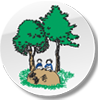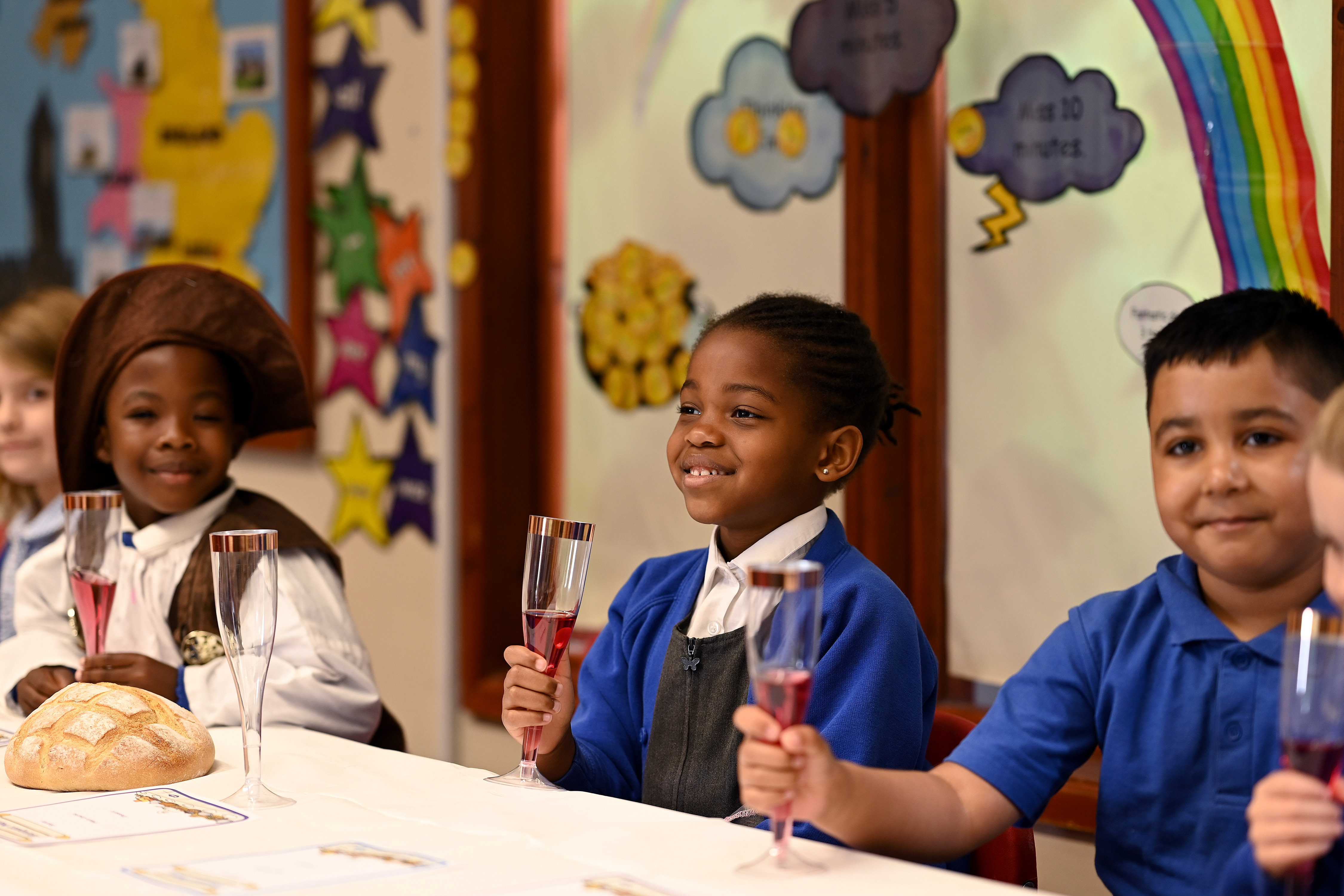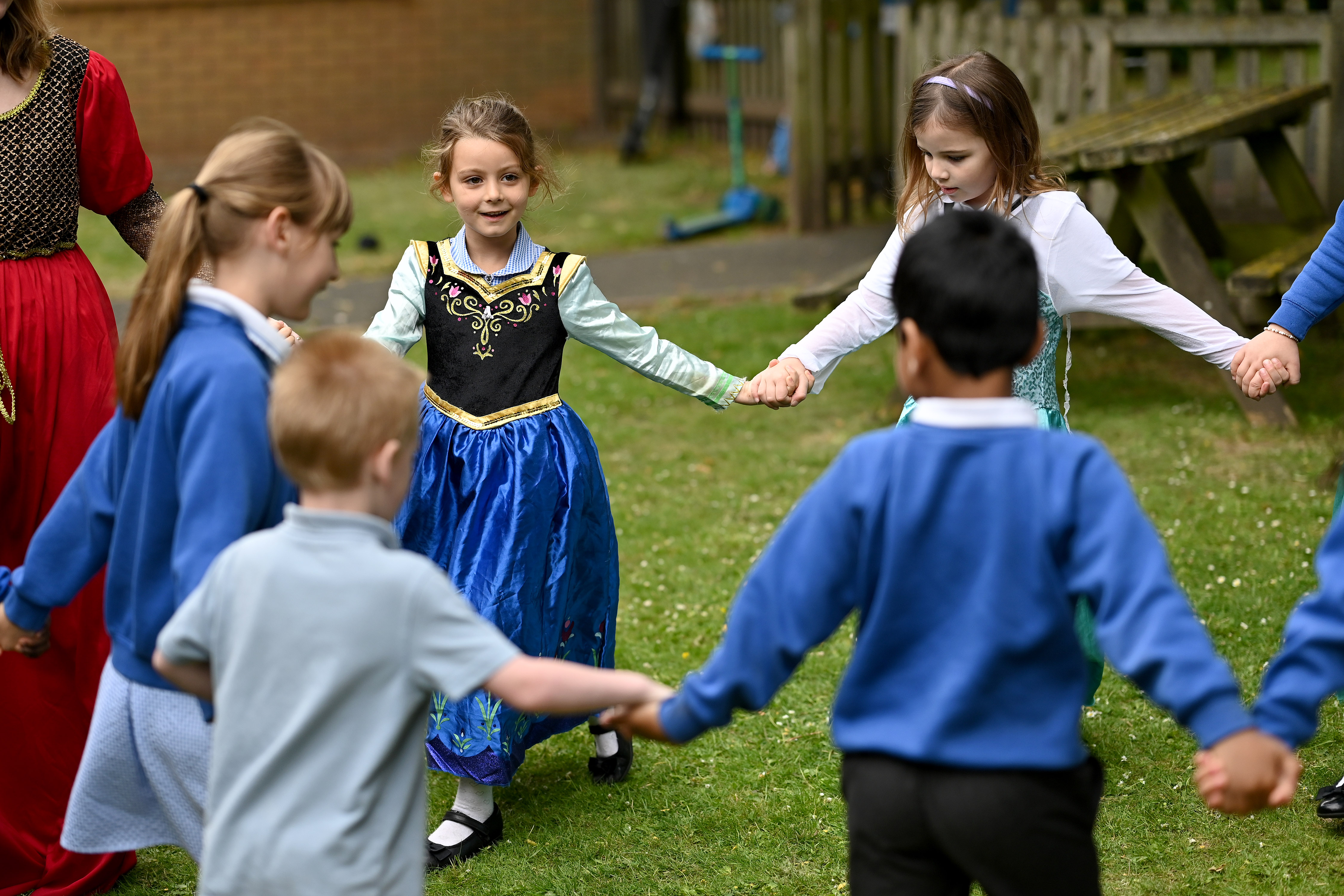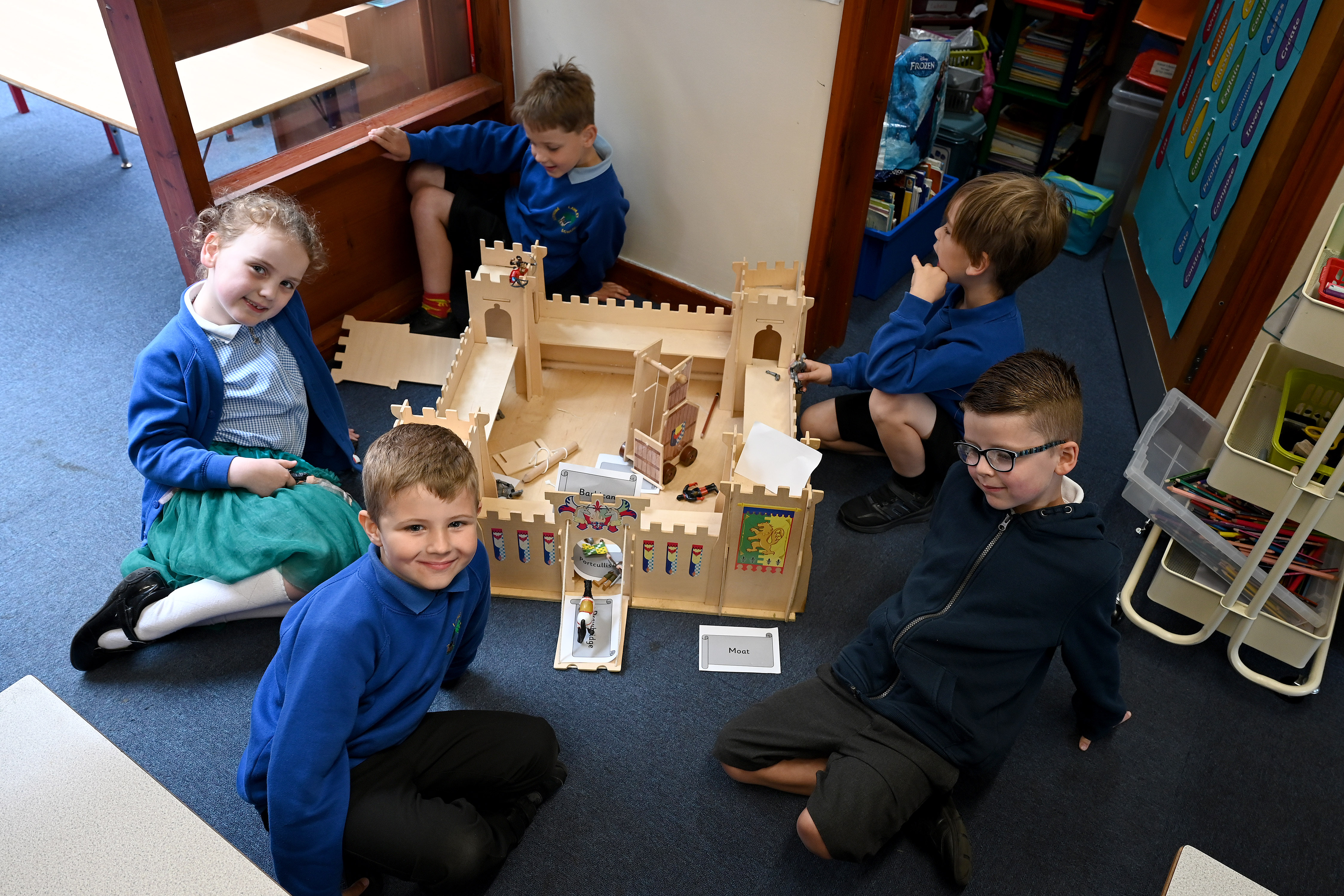History at Lawley Primary School
Our school vision
The whole school community at Lawley have high expectations for our children, and strive to ensure they leave school as confident, polite and independent young people, with the appropriate skills, values and learning to become successful in whatever their future will be. We aspire to instil in all our children a desire to never stop learning and to have the courage to succeed in whatever they do, across all areas of school life and beyond. At Lawley we are ‘Planting the seeds, growing the future.’
Led by Abi Bennion
Intent
The aim of history teaching here at Lawley Primary School is to excite, inspire and stimulate children's interest and understanding about the life of people who lived in the past. We teach children a sense of chronology, and through this they develop a sense of identity and a cultural understanding based on their historical heritage. Thus, they learn to value their own and other people’s cultures in modern multicultural Britain and, by considering how people lived in the past, they are better able to make their own life choices today. In our school, history makes a significant contribution to citizenship education by teaching about how British societies worldwide have developed. We teach children to understand how events in the past have influenced our lives today; we also teach them to investigate these past events and, by so doing, to develop the skills of enquiry, analysis and interpretation. We aim to equip children with a desire for learning and confidence which will continue for the rest of their lives.
In our teaching of History we aim to:
- Foster in children an interest in the past and to develop an understanding that enables them to enjoy all that history has to offer.
- Encourage pupils to become resilient learners and take responsibility for their own learning.
- Enable children to know about significant events and periods from the past from the Stone Age to modern times.
- Instil an appreciation of how times have changed and make meaningful comparisons.
- Know and understand how the British system of democratic government has developed and, in so doing, to contribute to a child’s citizenship education.
- Develop pupils' understanding and interpretation of ancient civilisations and local, national and global history.
- Help pupils to know how individuals have helped shape our society and values.
- Provide opportunities for pupils to make judgements based on historical evidence.
- Undertake a local history study in order to promote understanding of changes to their locality.
- Experience historical events through role play and visiting speakers.
- To develop a sense of time and understanding of History in its chronological setting and to help pupils to develop historical knowledge and understanding.
- To develop practical skills of first and second hand investigations and research and introduce pupils to the process of enquiry.
- To have some knowledge and understanding of historical development in the wider world.
- To help children understand society and their place within it, so that they develop a sense of their cultural heritage.
- To develop in children the skills of enquiry, investigation, analysis, evaluation and presentation through a variety of learning using resources including ICT.
Implementation
The requirements and content of the National Curriculum form the starting point for the teaching of History in our school. The teachers plan from our detailed KS1 and KS2 progression maps which have been directly linked to the knowledge and skills from the National Curriculum. This ensure progression in all strands of History. Resources from, but not limited to, Kapow are used to support the planning and delivery of the History curriculum being taught throughout school. The design of the units allow children to revisit and build on previous knowledge and skills in order that know more, can do more and remember more in their historical learning.
Early Years
History is taught in Reception as an integral part of the topic work through child-initiated and adult led activities. The children are given the opportunity to find out about past and present events in their own lives, and those of their families and other people they know. In the Foundation stage history makes a significant contribution to developing a child’s understanding of the world through discovering the meaning of new and old in relation to their own lives.
Key Stage 1
During Key Stage 1, pupils learn about a diverse range of people’s lives and lifestyles. They find out about significant men, women, children and events from the recent and more distant past in Britain and the wider world. They listen, and respond to stories and use sources of information to help them ask and answer questions. They learn how the past is different from the present.
Key Stage 2
During Key Stage 2 pupils learn about significant people, events and places from both recent and more distant past. They learn about change and continuity in their own area, in Britain and in other parts of the world. They look at history in a variety of ways, for example from political, economic, technological and scientific, social, religious, cultural or aesthetic perspectives. They use different sources of information to help them investigate the past both in depth and in overview, using dates and historical vocabulary to describe events, people and developments. They also learn that the past can be represented and interpreted in different ways.
Delivery
Varying teaching methods are adopted to suit a range of learning styles and resources are provided in order that all children are able to access the learning. Topic related visits are undertaken and outside agencies used to give pupils the opportunity to undertake interactive historical and geographical fieldwork studies. We believe that good teaching in History should retain the children’s interest and therefore a range of activities are used to deliver the history curriculum including:
- Presentations
- Story telling
- Fieldwork visits or visitors including investigations, interviews, questionnaires, surveys, sketching, problem solving
- Role play / drama
- Discussion and debates
- Quizzes
- Interactive displays
- Enrichment days e.g. theatre group days
- Sequencing events and developing a sense of chronology
- Knowledge of causes and effects of events
- Knowledge and understanding of events, people and changes in the past
- Identification of differences and similarities between periods
- The understanding that historical events can have different interpretations
- The examination of primary and secondary sources
- Communicating knowledge and understanding they have acquired
- Visits to the locality, museums etc.
Impact
We measure the summative progress made by our children through the use of the assessment tools and quizzes matched to the knowledge and skills on the progression map. Throughout the lessons, we regularly assess the children through discussions and observing their ability to complete tasks independently, or with support. It is important to us as a school to ensure that we monitor the teaching of our History curriculum, therefore the subject leaders ensure that the curriculum is being delivered correctly and in an engaging way through the use of book monitoring, pupil voice and learning walks.
The impact of this curriculum ensures that when children leave Lawley Primary School, they have developed an interest and understanding about the life of people who lived in the past. They will have developed a wide range of skills including enquiry, analysis and interpretation. We aim to equip children with a desire for learning which will continue for the rest of their lives.




